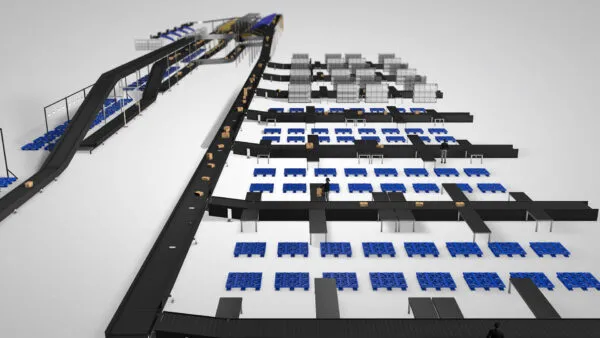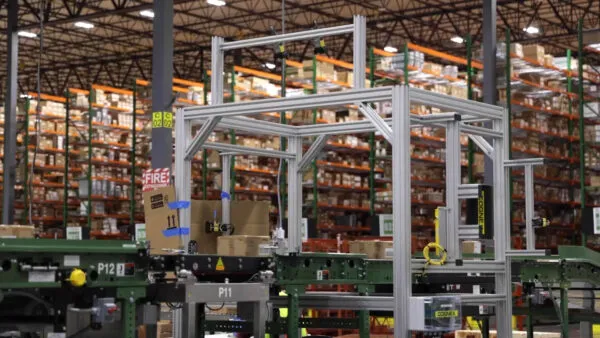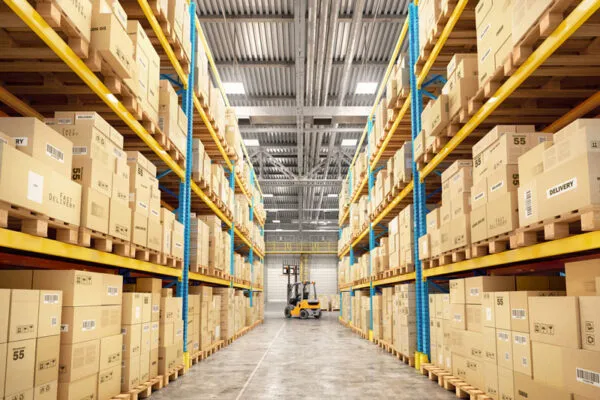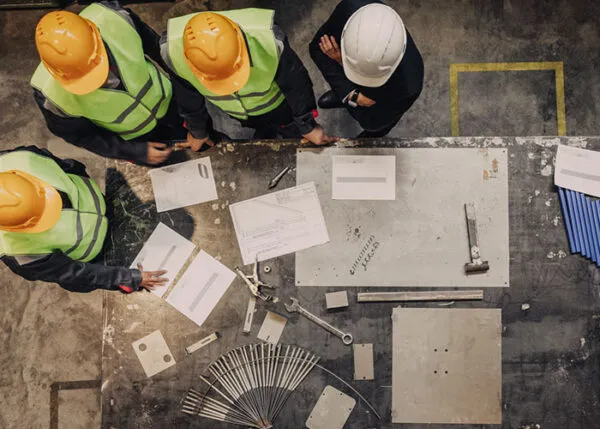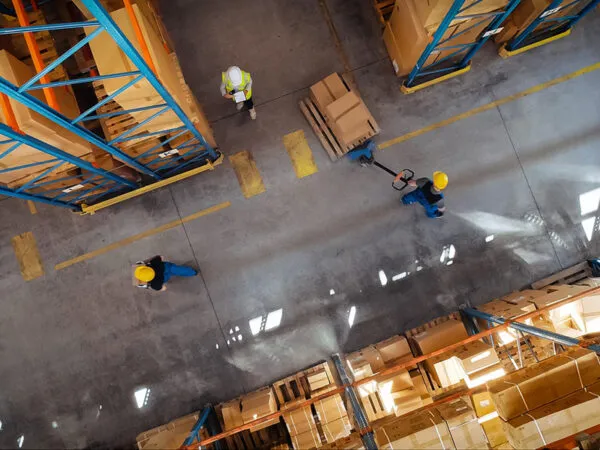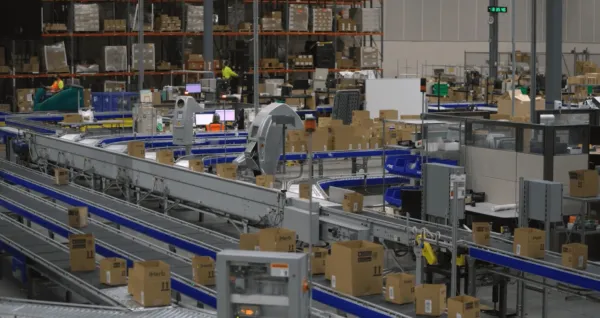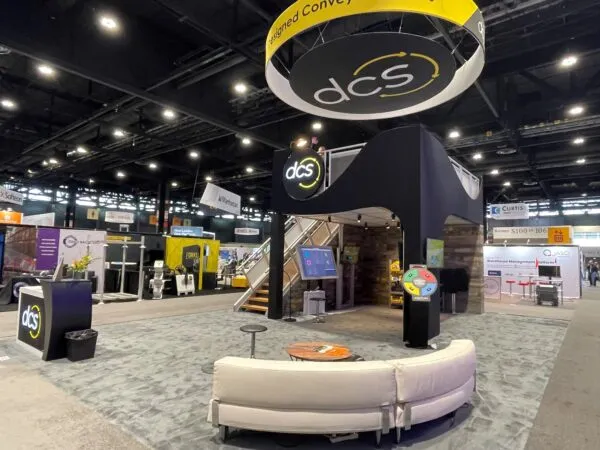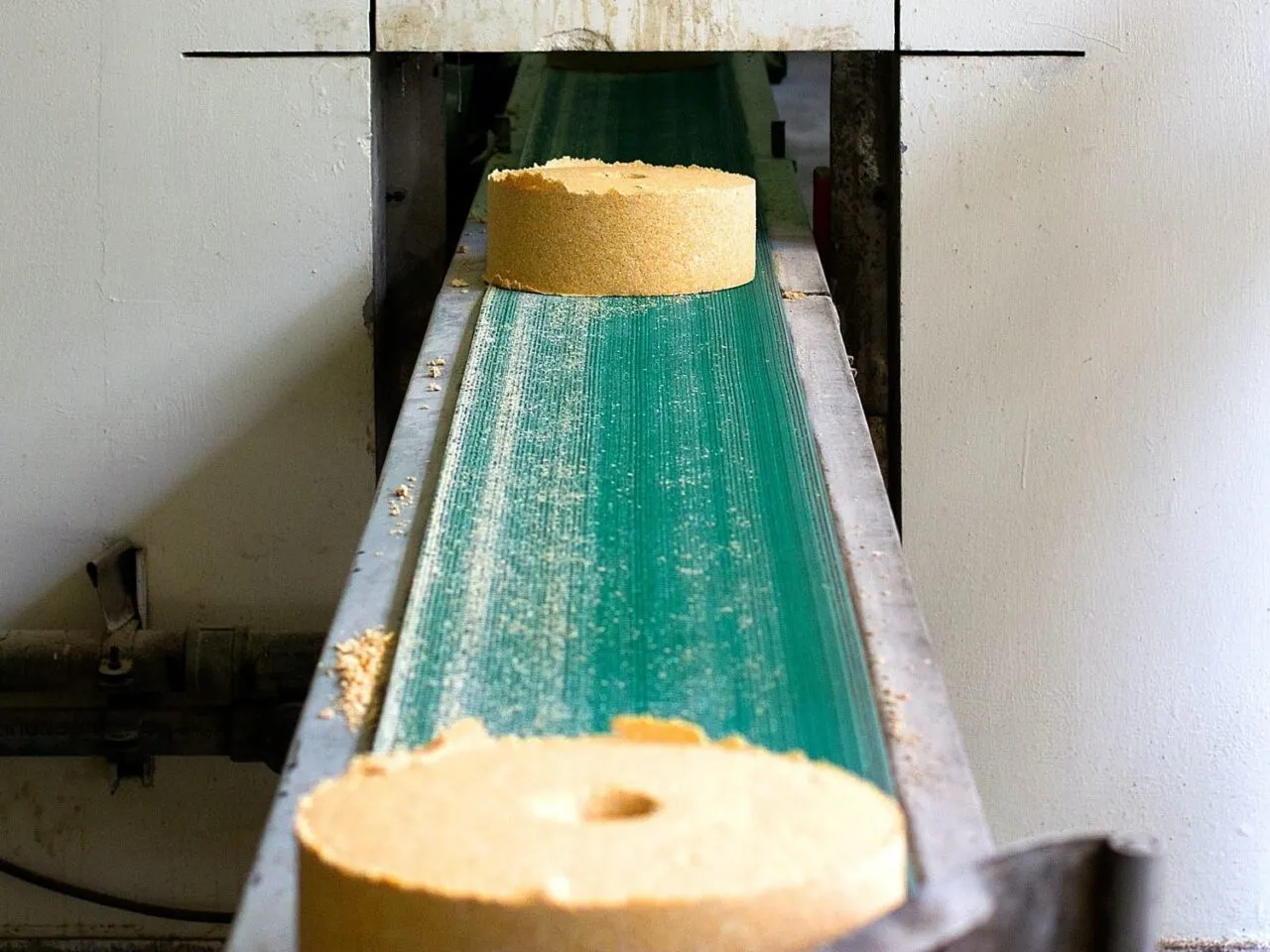All conveyor systems are not created equal. Each company’s needs are different from the next. This could be due to the general layout of their facilities, the organizational structure, the industries they serve, and more. Many different types of businesses can make use of conveyor systems. And it’s their adaptability that gives them the ability to serve such a wide range of industries.
So how do you go about making a conveyor system work best for your particular business? What considerations will have to be made in order to get the most from your conveyor system?
This is where conveyor design comes in. Let’s look into the specifics of conveyor design and learn more about how it can help you and your company.
What Are Conveyor Systems?
Conveyor systems are mechanical devices used to transport various items with minimal manual effort from employees. These systems are generally used in a material handling capacity. Although there are a wide variety of specifics involved with conveyor systems, the general construction will be similar. A frame will create a track and support a means of moving materials from one area to the next – perhaps rollers, a belt, or wheels.
The materials that need to be transported travel along the path made by the conveyor systems until they reach their final destination. It can be powered either by a motor, gravity, or even manually. And even if the materials are moved with manual power, the systems are designed in such a way that the necessary amount of force exerted by an employee is greatly reduced.
Initial Specifics
Effective conveyor design needs to be tailored to the space in which it will go. There are some specifics that need to be considered in order to put together an effective system that will provide the most benefits.
What materials do you plan to transport? Where will they need to go?
These ideas will give you the initial choices you need before you can move forward. There are many different types of conveyor systems, and each of them are best equipped to handle a specific type of material:
- Ball Transfer
- Belt
- Bucket
- Chute
- Drag
- Magnetic
- Overhead
- Pneumatic
- Roller
- Screw or Auger
- Slat or Apron
- Vertical
- Wheel
The size of materials to be moved will need to be considered once you have a general idea of the type of conveyor system you will use. This includes the weight of each object, how many you plan to move per hour, how far they will move, and so on.
Consider the Environment
Do your materials need a specific environment in order to remain in proper condition? Food distribution centers will often use conveyor systems and might need the facility to remain clean and within a certain temperature range. Other materials might require a certain amount of humidity or a particular temperature. Your conveyor design will need to be able to operate efficiently in these specific conditions.
Analyze the Path
Where will the materials enter the conveyor system? Where do they need to go? The path the materials need to take and the type of systems you plan to use will dictate how your conveyor systems are placed. Systems that don’t rely on the use of a motor will need a certain flow of materials in order to make use of kinetic energy. Momentum and gravity are a great help to continuous and effortless movement of even heavier materials.
Conveyor system design doesn’t need to be quite as strict if motors are to be used. This allows for inclines and corners to be utilized as the materials move from one section of the facility to the next. Again, this will all depend on the types of materials to be moved as well as the particular systems.
Ongoing Updates
Conveyor design doesn’t stop as soon as the system is implemented. You should keep a constant watch over your conveyor design to see if there are any improvements that could be made to the system. Designed Conveyor Systems offers continuous support to previously-installed systems. Are your operations growing? Have you instituted new services that need to be addressed? There is always something that can be improved upon with the advice from an experienced conveyor design expert.
Call Designed Conveyor Systems
Designed Conveyor Systems has been providing custom material handling solutions since 1982. Your needs aren’t the same as anyone else. Designed Conveyor Systems has the expertise to update your current conveyor design, add any new capabilities you may need, or even design a custom conveyor system from scratch.
